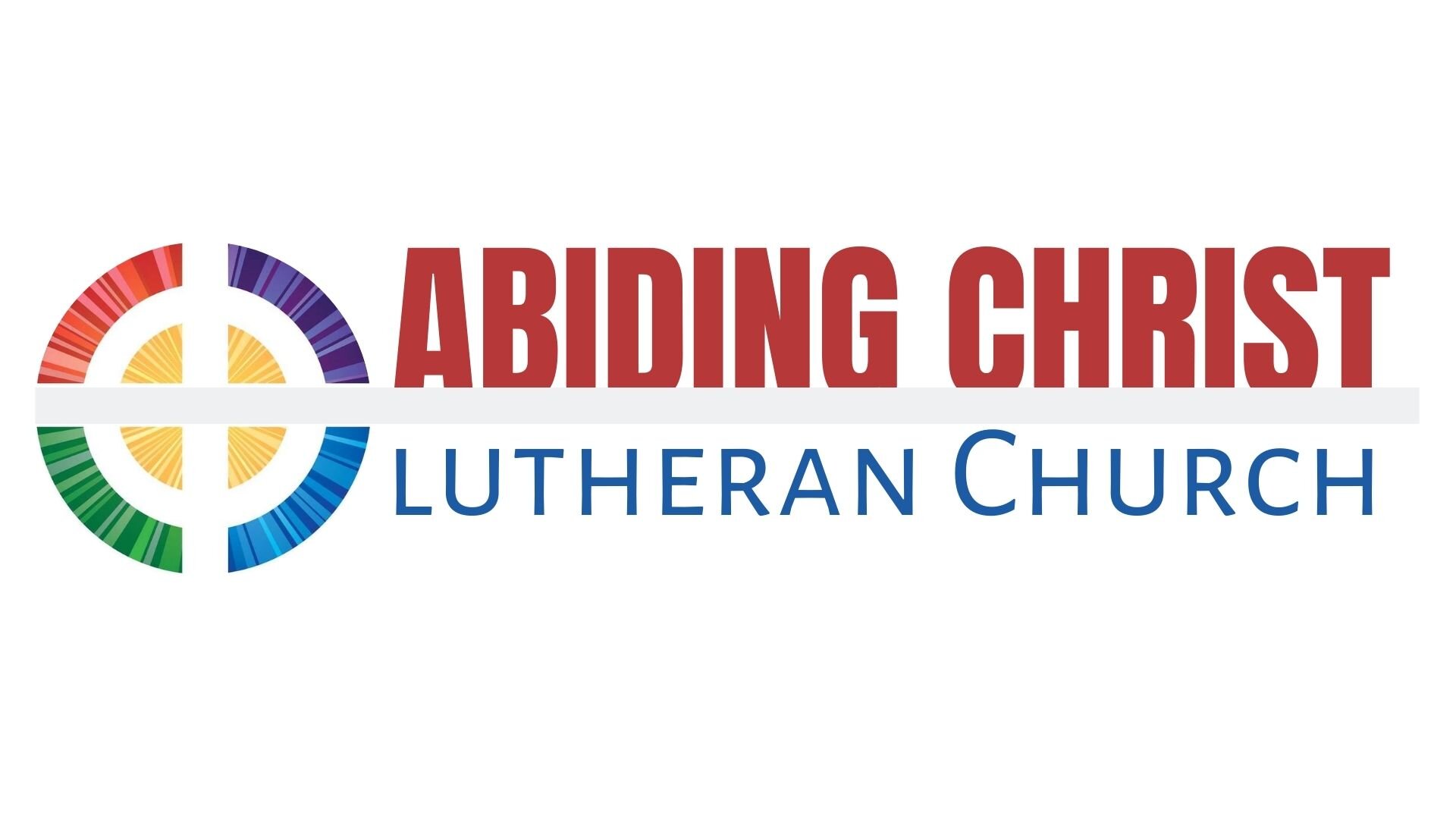Star of Wonder
Matthew 2:1-2
In the time of King Herod, after Jesus was born in Bethlehem of Judea, wise men from the East came to Jerusalem, asking, “Where is the child who has been born king of the Jews? For we observed his star at its rising, and have come to pay him homage.”
We Three Kings of Orient Are WOV
1 We three kings of Orient are; bearing gifts we traverse afar,
field and fountain, moor and mountain, following yonder star.
Refrain
Oh, star of wonder, star of night, star with royal beauty bright;
westward leading, still proceeding, guide us to thy perfect light!
2 Born a king on Bethlehem’s plain, gold I bring to crown him again;
king forever, ceasing never, over us all to reign. Refrain
3 Frankincense to offer have I; incense owns a deity nigh;
prayer and praising, gladly raising, worshiping God Most High. Refrain
4 Myrrh is mine; its bitter perfume breathes a life of gathering gloom;
sorrowing, sighing, bleeding, dying, sealed in the stone-cold tomb. Refrain
5 Glorious now behold him arise, King and God and Sacrifice;
heav’n sings alleluia: alleluia the earth replies. Refrain
Text: John Henry Hopkins Jr., 1820-1891, alt.
It is a habit to only sing the first verse of most Christmas carols, so we often miss the excellent theology and many of the Faith’s richest stories. This carol is a about the coming of the magi. John Henry Hopkins, an Episcopalian lay person and descendent of one of the signers of the Declaration of Independence, knew the story of the magi but he also pondered the gifts as he was assembling a stained glass window to honor them when the words for this hymn came as inspiration. Gold was a gift fit for a king. Frankincense was used by the high priests in the worship life of the ancient temple, and Myrrh was an ancient form of embalming spice. Bringing these gifts to Jesus honored him as a king, a priest and a sacrifice!
We usually sing this hymn at the start of Epiphany (January 6) the day we celebrate the coming of the magi 2 years after the birth of Jesus. Epiphany is a compelling story, containing the slaughter of the babies, Herod’s treachery, and the angelic intervention that sent the magi home by a different way. But those gifts can easily get lost in the telling. January 6th is still the traditional day for Christmas in the Orthodox Church, as they ignored the Gregorian correction that pushed Christmas back 12 days to December 25th, thus creating a “season” and wonderful time for celebration. Hopkins pondered the gifts, maybe we should ponder the gift of those 12 days as a time to consider our own gifting and our own giftedness!
Prayer: We all give gifts to those we love at Christmas. But what gifts do we give to the one Christmas is all about, the Lord of love? Let us be thankful, then, for the 12 days of time to ponder our own gifts. Amen.

